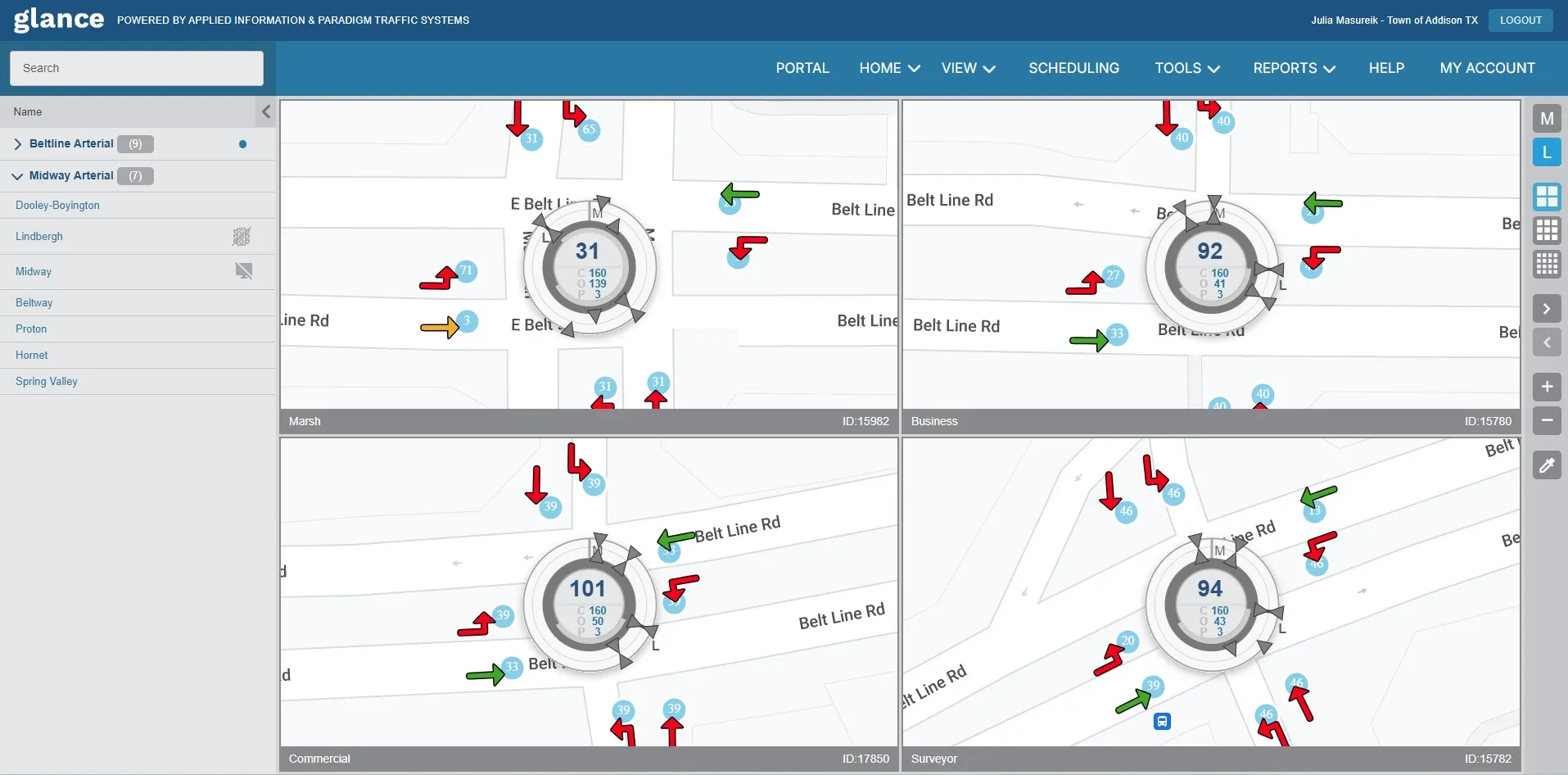Atkins North America is to play a key role in the development of a freeway that aims to boost safety, mobility and accessibility in Las Vegas.
Considered the most important and ambitious project in Nevada Department of Transportation's (NDOT) history, it also accommodates regional economic redevelopment through improved access to downtown Las Vegas and the Resort Corridor.
As design lead on the team led by Kiewit Infrastructure West, Atkins will manage all design and engineering services for NDOT’s Pr
December 14, 2015
Read time: 2 mins
Considered the most important and ambitious project in Nevada Department of Transportation's (NDOT) history, it also accommodates regional economic redevelopment through improved access to downtown Las Vegas and the Resort Corridor.
As design lead on the team led by Kiewit Infrastructure West, Atkins will manage all design and engineering services for NDOT’s Project NEON, including bridges and structures, traffic control, signing, road marking, landscaping and ITS as well as providing quality control, utility coordination, public involvement, design surveying and design support during construction.
Project NEON is a significant win for Atkins in North America and will involve the development of a 3.7 mile corridor through the heart of Las Vegas, an area currently seeing 300,000 vehicle movements every day.
The construction project will be phased over three years starting in 2016 and connect high occupancy vehicle (HOV) lanes on US 95 to I-15 express lanes with a flyover bridge, creating direct access carpool lanes and a new Neon Gateway interchange.
L. Joe Boyer, CEO, Atkins, North America, said: "Atkins is tremendously proud to be the lead design firm for this critical project, which has been deemed NDOT's most important and ambitious in its history. Project NEON is essential to the progression of Las Vegas' transportation demands and quality of life, given traffic is expected to double for this corridor in the next 20 years."
"Project NEON addresses a multitude of corridor deficiencies related to congestion, crash rates, operations, and system linkages," said NDOT director Rudy Malfabon. It will dramatically improve traffic congestion in Southern Nevada, while also creating 4,000 high-paying, quality jobs."








